There is nothing more fun than bonding over family game night. Games build character, teach taking turns, allow children to discover strategies, and encourage sportsmanship while winning or losing. Games also allow parents to sneak in some learning. Number recognition, counting, adding, subtracting, making patterns, and creating a sequence are just a few math concepts you experience while playing games.
Enjoy playing these ten games that will boost your child's math skills. The best part is that they will never know!
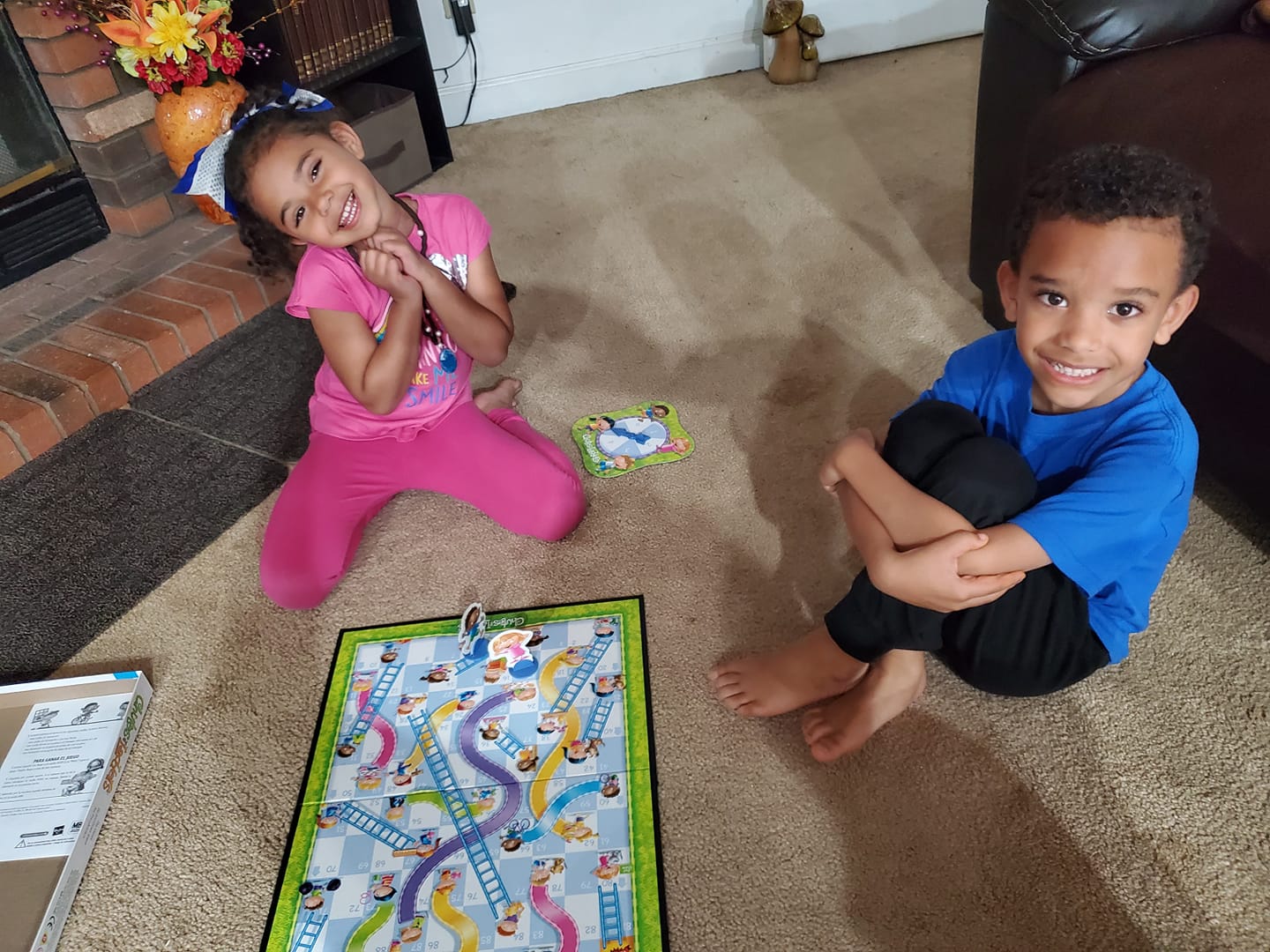 Image Credit: Jenny Sites Image Credit: Jenny Sites |
1. Chutes and Ladders
Spin the spinner to see what number you get and then move your player piece that many spaces. If you land on a ladder you get to climb up, but land on a slide, and down you go! The first player to reach 100 is the winner. This game is great for learning basic game-playing rules. No reading is required to play.
Age Recommendation: Age 3+
Skill building: Counting, following directions
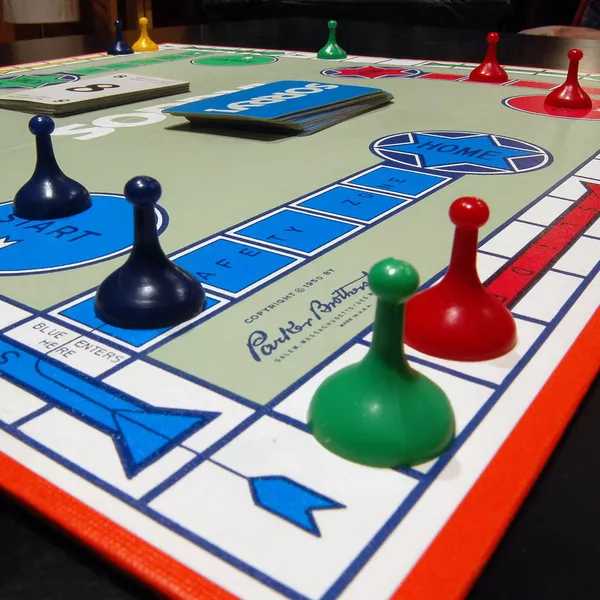 Image Credit: David Namaksy|Board Game Geeks Image Credit: David Namaksy|Board Game Geeks |
2. Sorry!
Flip over cards to find out how many spaces to move your piece. Knock out competitors and send them back to their start. The winner is first player to get all of their game pieces safely to home base.
There are also other editions of Sorry including Sorry! Sliders and Sorry! Card Revenge.
Age Recommendation: 6+
Skill Building: Counting
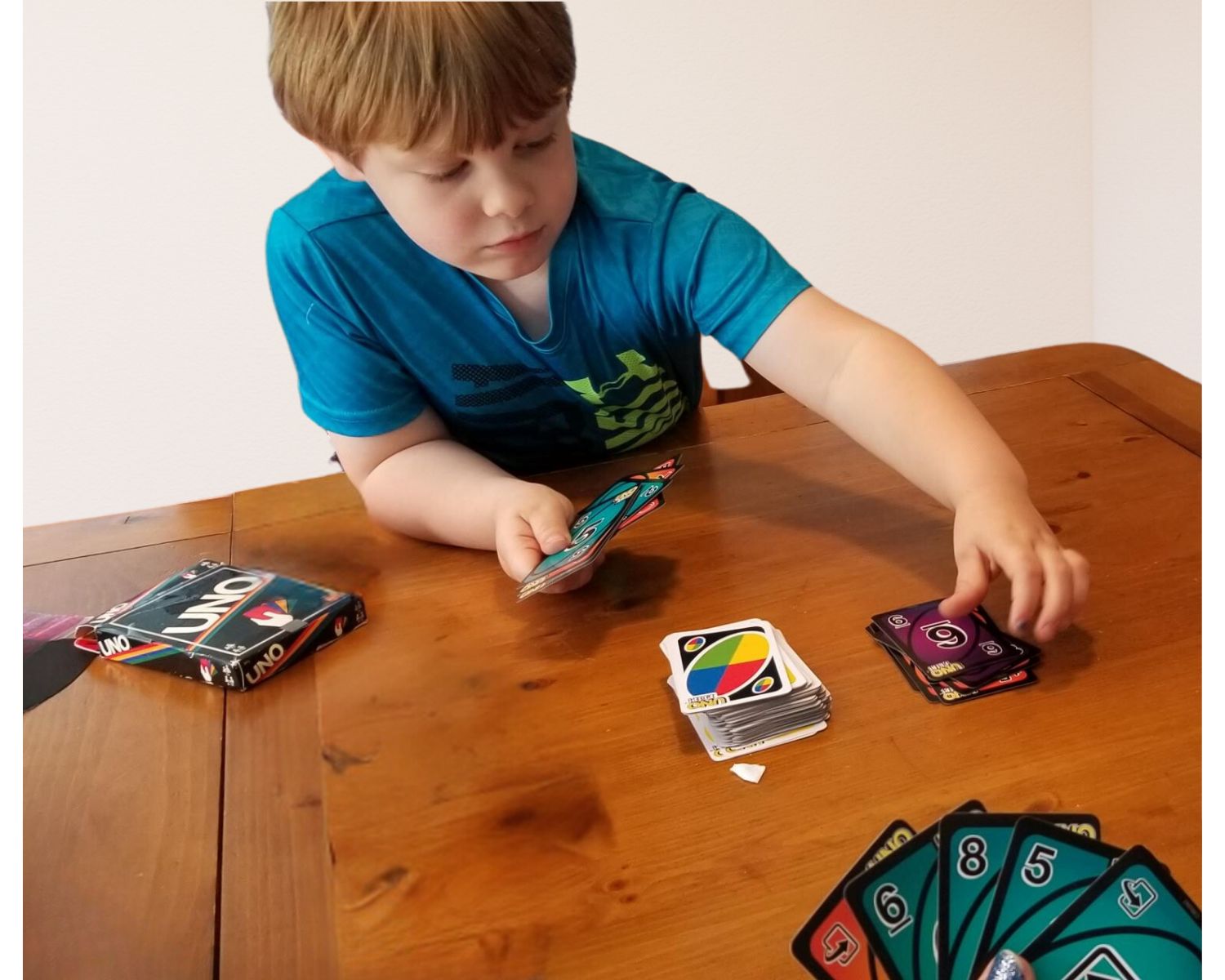 Image Credit: Jenny Sites Image Credit: Jenny Sites |
3. Uno
Play cards by matching colors, and numbers. The first person to use all of their cards wins.
Age Recommendation: 7+
Skill Building: Number recognition, patterns
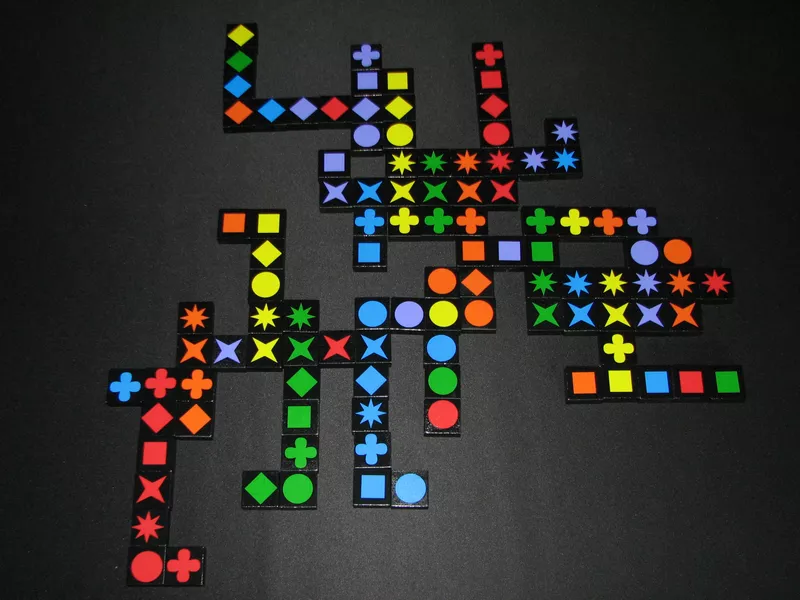 Image Credit: Board Game Geek | Meskue |
4. Qwirkle
Create lines of tiles by matching shapes or colors. Take turns adding up points or work as a team. Once you master this game, try Qwirkle Cube for a 3D experience.
Age Recommendation: 6+
Skill Building: patterns
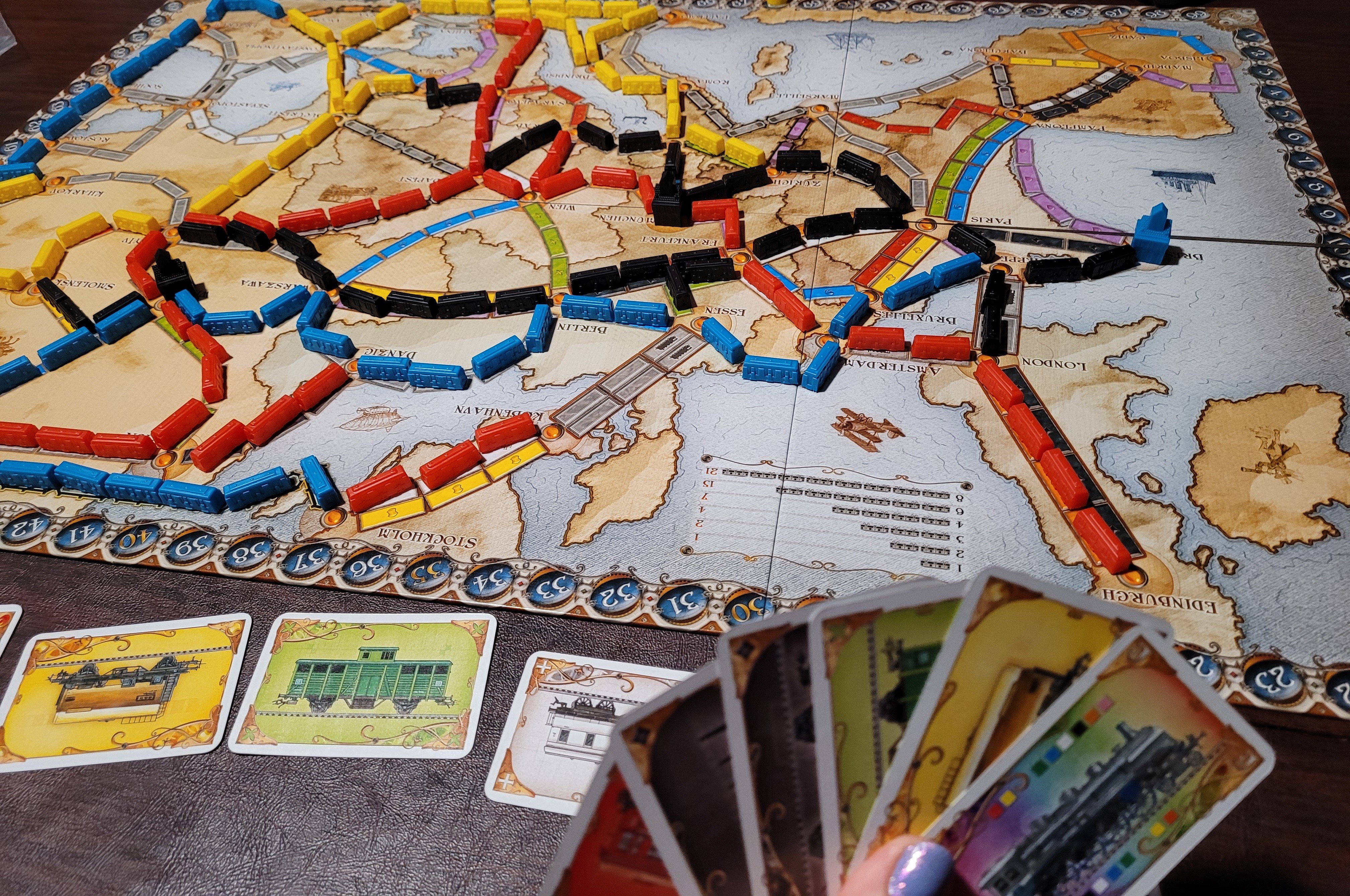 Image Credit: Jenny Sites Image Credit: Jenny Sites |
5. Ticket To Ride
Take the train across North America by collecting cards and building your railroad. The longer the tracks, the more points you collect.
Age Recommendation: 8+
Skill Building: Reasoning, addition, problem solving
|
6. Yahtzee
Players take turns rolling a set of 5 dice to match patterns. Players must score themselves for each matched pattern. The player with the most points wins.
There are spin-offs of this game, including Yahtzee Jr. which uses images rather than numbers to make patterns.
Age Recommendation: 6+
Skill Building: patterns, set collection, counting
 Image Credit: Image Credit: |
7. Patchwork
This two-player game puts competitors head to head to complete the highest-scoring quilt. On your turn, the player chooses one of the three available quilt pieces and pays with buttons. The pieces are in different spaces, forcing the player to fit them together into their 9x9 board. This is a great way to spend one-on-one time with your child or let two children battle while you teach them strategies.
Skill Building: Patterns, spatial awareness, problem-solving, and graphing
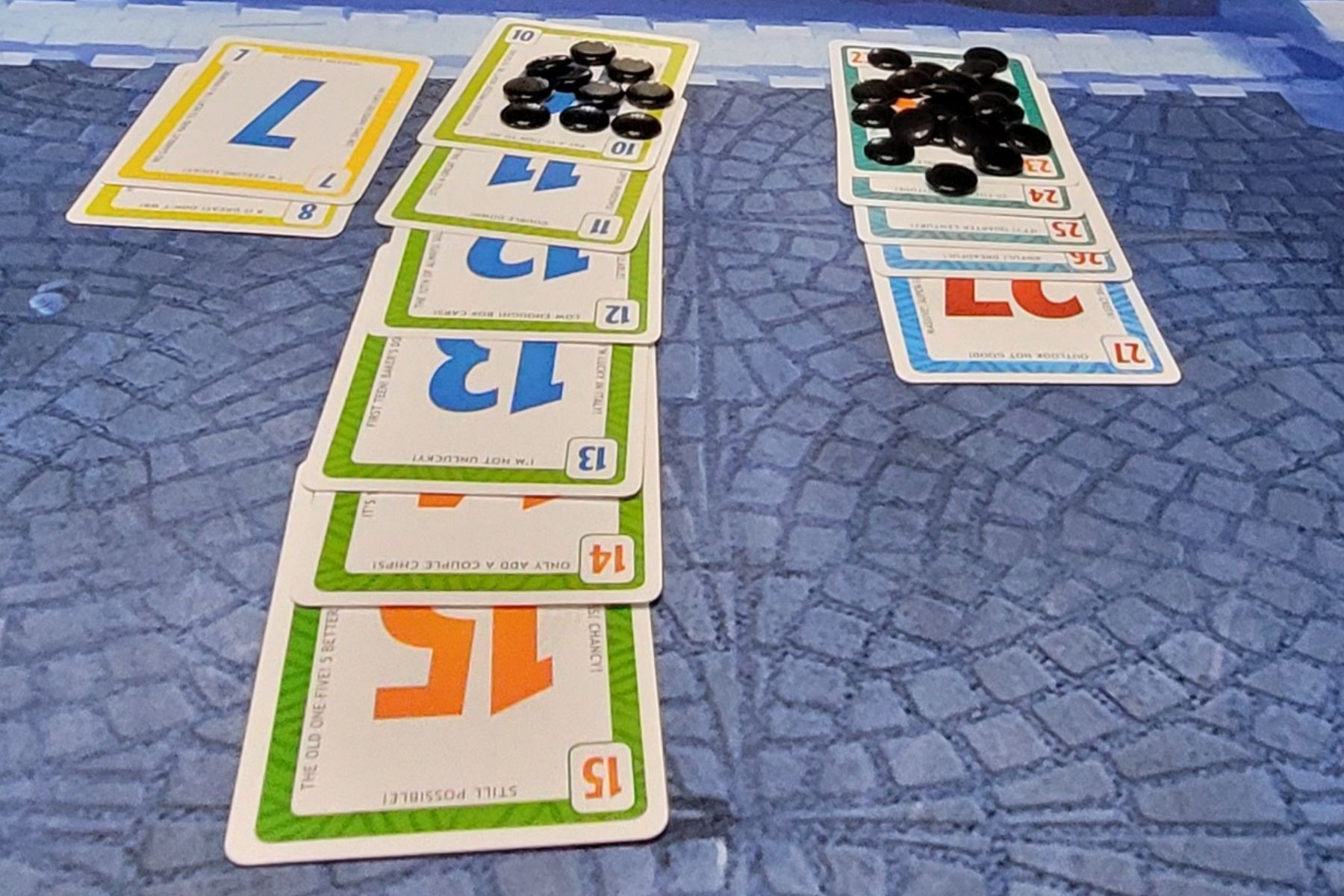 Image Credit: Jenny Sites Image Credit: Jenny Sites |
8. No Thanks!
This card game is a simple game to play but kids love it. In this game, you start with a deck of cards numbered 3 to 35 where each card is worth points equal to its face value. Additionally, each player gets chips that are worth -1 points. Players take turns choosing to take the card (and therefore add points to their hand) or skip the card by placing a chip on the faceup card. Cards that players choose in sequence remove larger points from the hand. The player with the least amount of points wins.
Age Recommendation: 8+
Skill Building: Ordering numbers, odds, counting, addition and subtraction
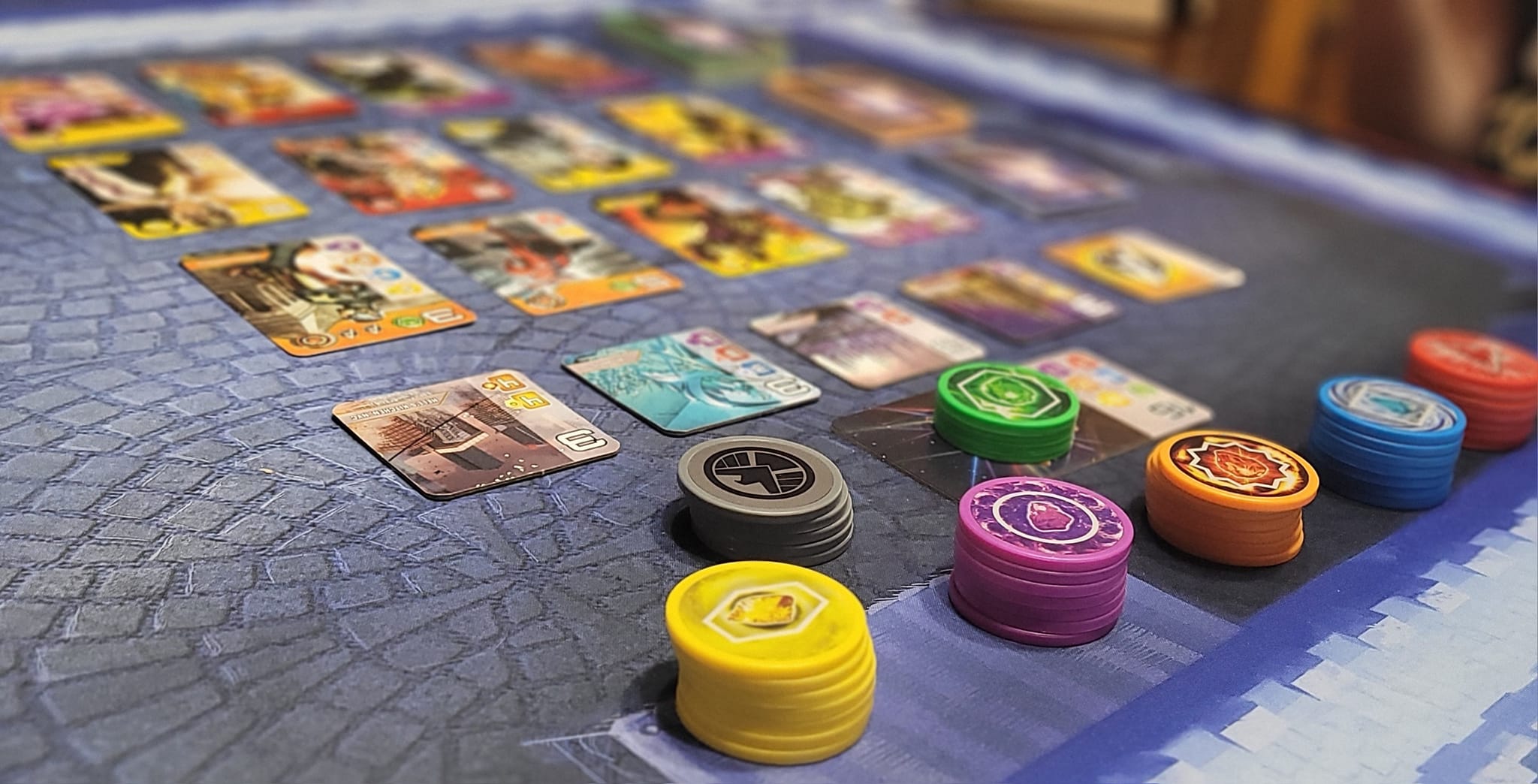 Image Credit: Jenny Sites Image Credit: Jenny Sites |
9. Splendor
Players take turns collecting chips to purchase cards. Cards increase your wealth and the first player to 15 wins.
There are alternative additions including Splendor Duel and, our family's favorite, Marvel Splendor.
Age Recommendation: 12+
Skill Building: multi-step problem solving, counting
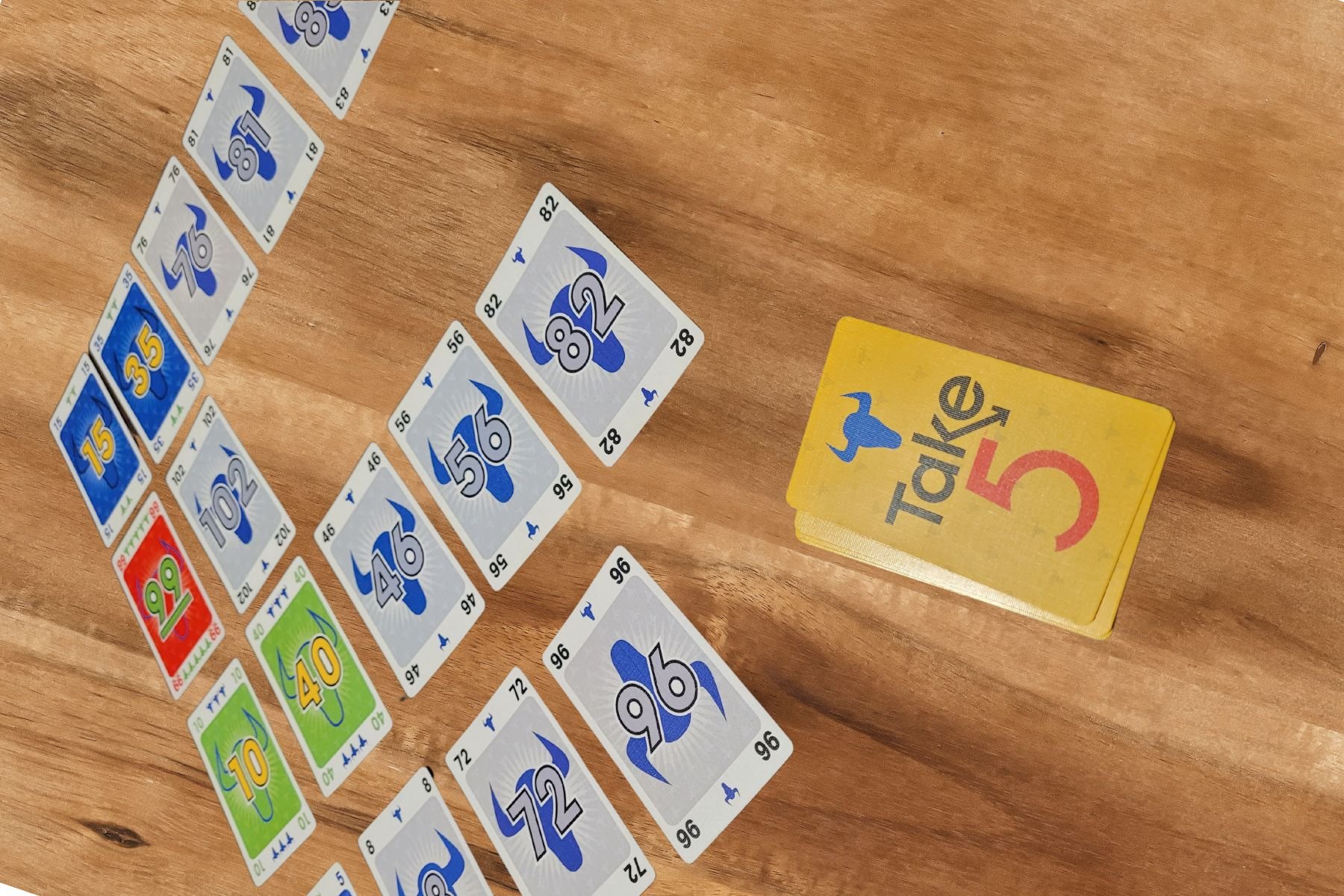 Image Credit: Jenny Sites Image Credit: Jenny Sites |
10. Take 5
After placing four cards face up on the table, each player flips one of their 10 cards and places it beside one of the face-up cards. Cards must be placed in ascending order by number. The person who places the sixth card in a row must take all face-up cards in that row. The object of the game is to have the least amount of points at the end of the game.
Age Recommendation: 8+
Skill Building: Number recognition, Value recognition, Sequencing, addition
These ten games are just the beginning of great games to play with your family while sneaking in math practice. Some of these games may be familiar to you and some perhaps you've never heard of. Either way, they are all games you can get in a big box store or online. (Think birthday and holiday gifts) So, grab your snacks and enjoy a family game night!


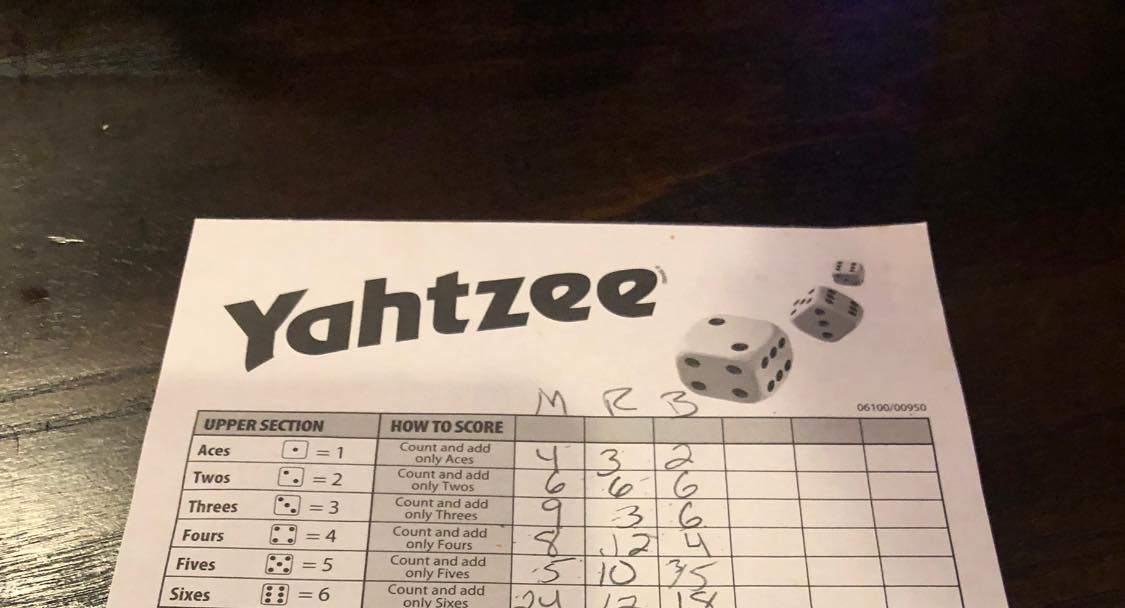 Image Credit: Erika Patten-Miller
Image Credit: Erika Patten-Miller
